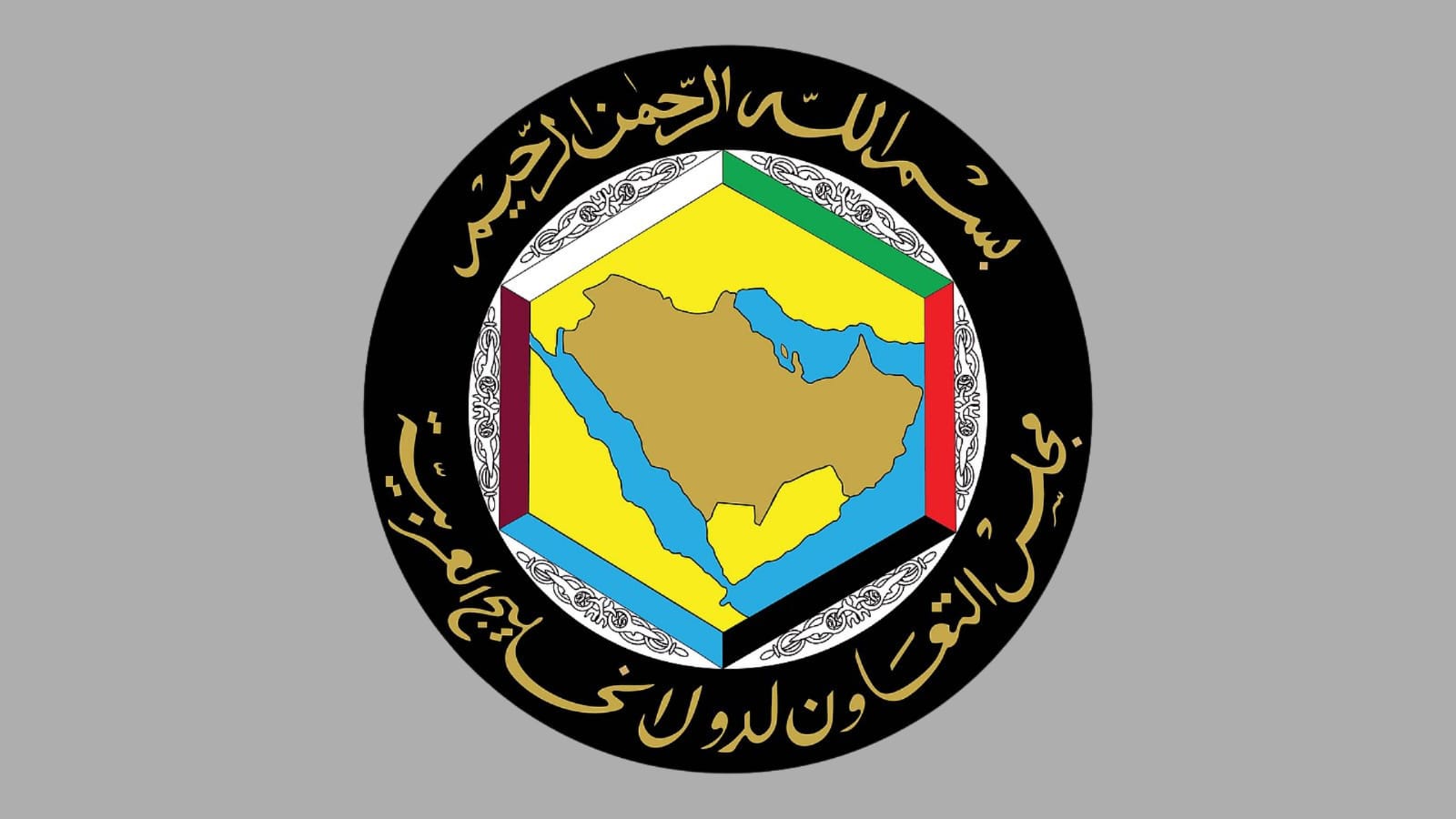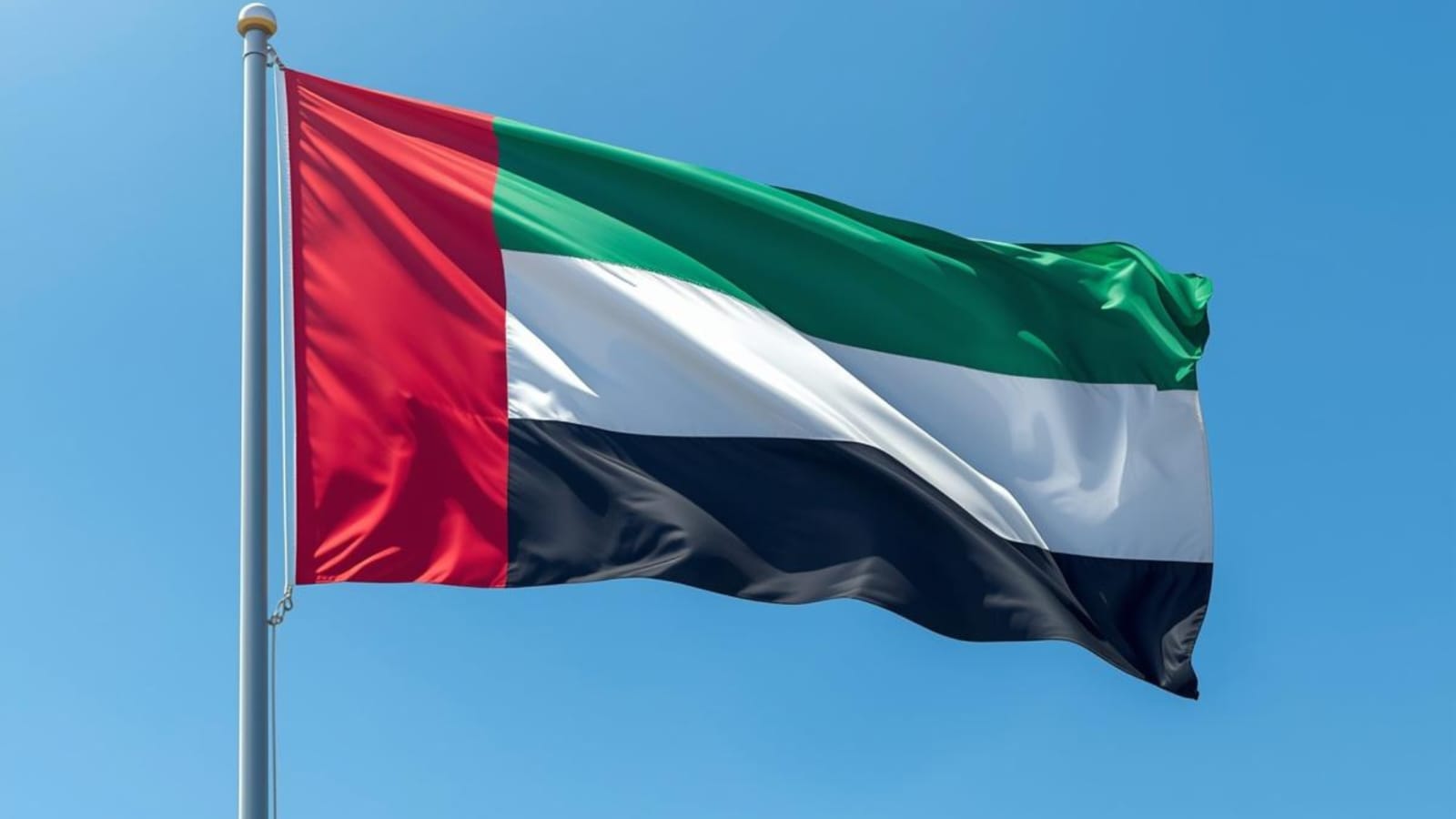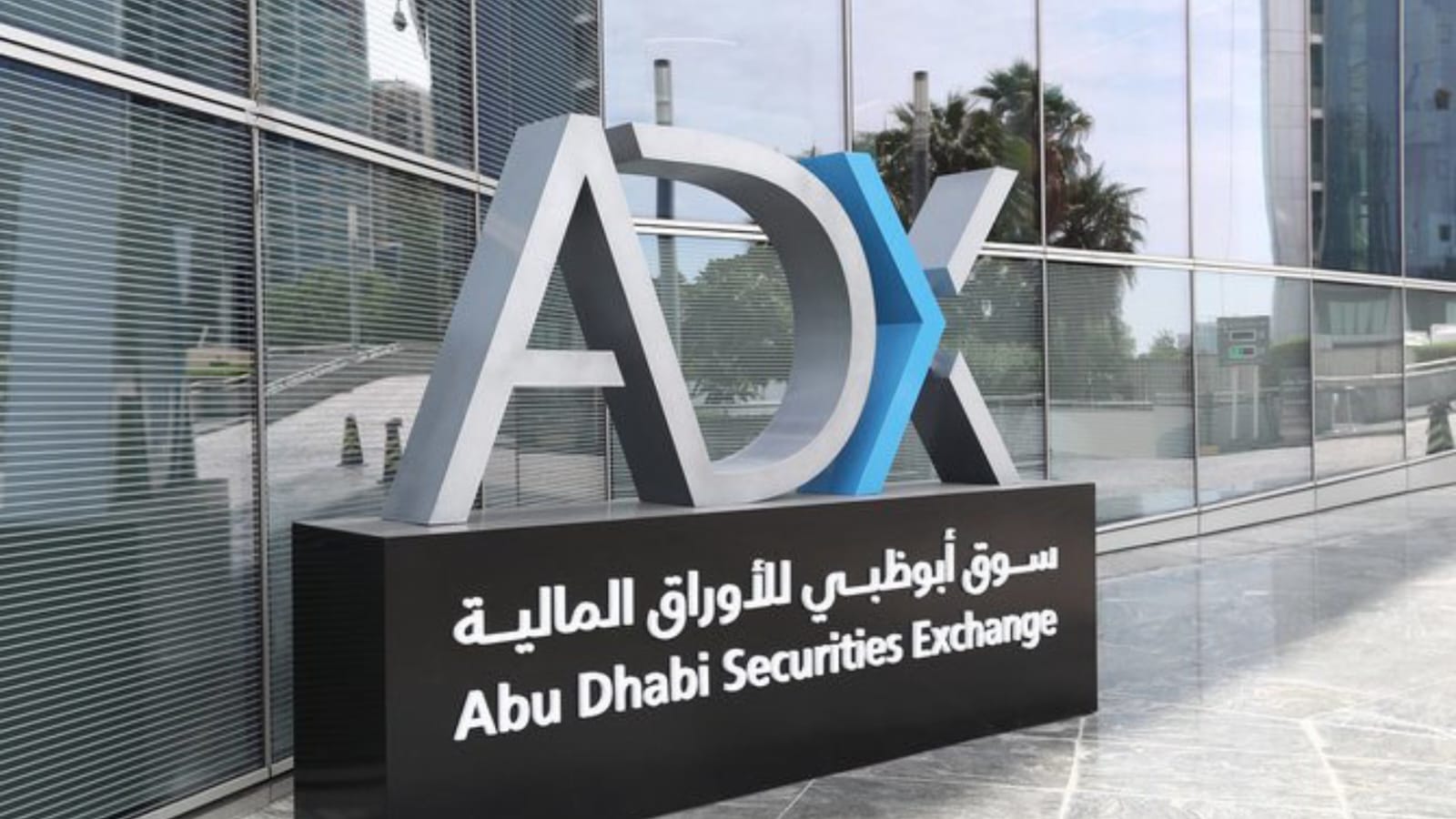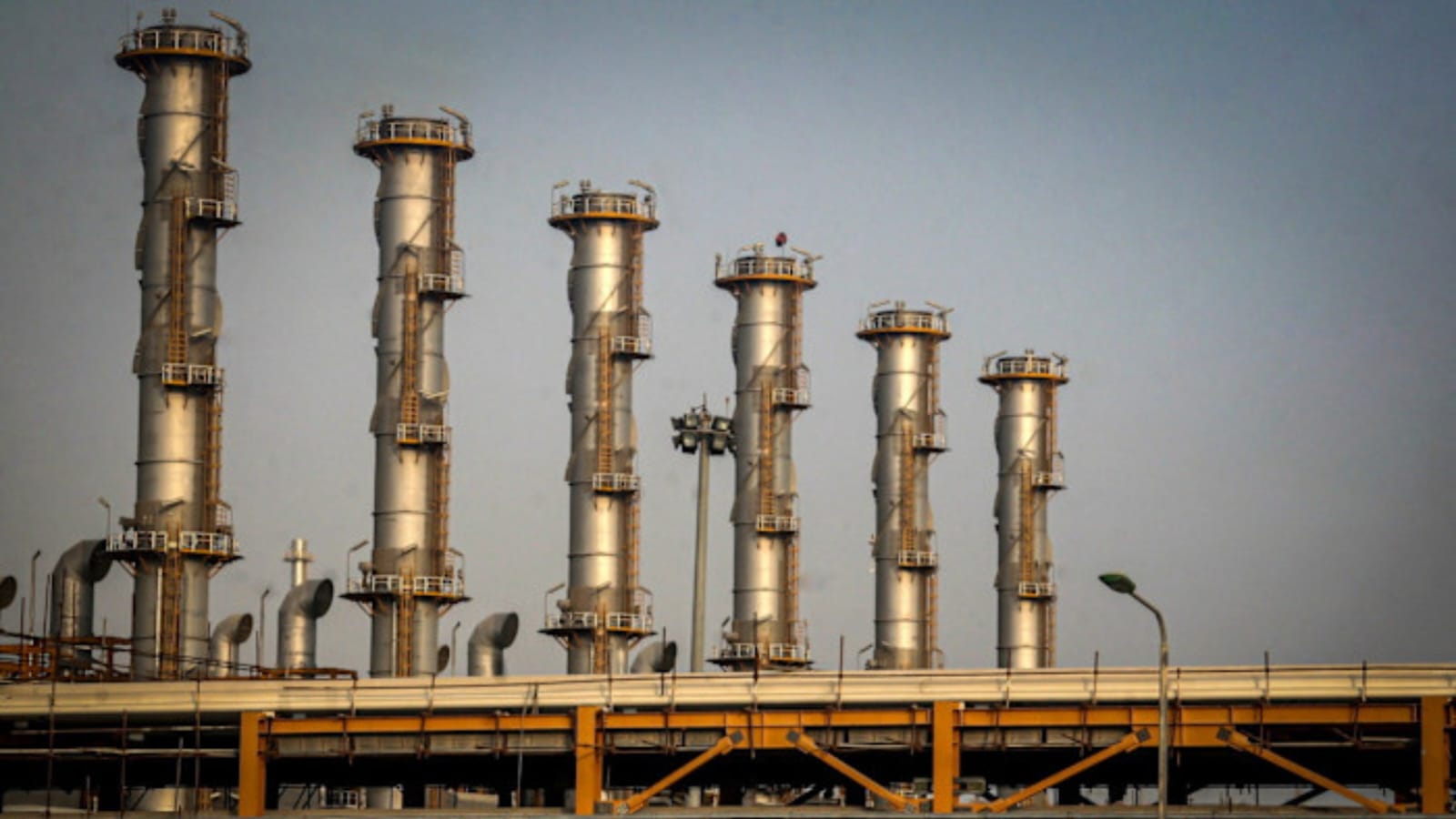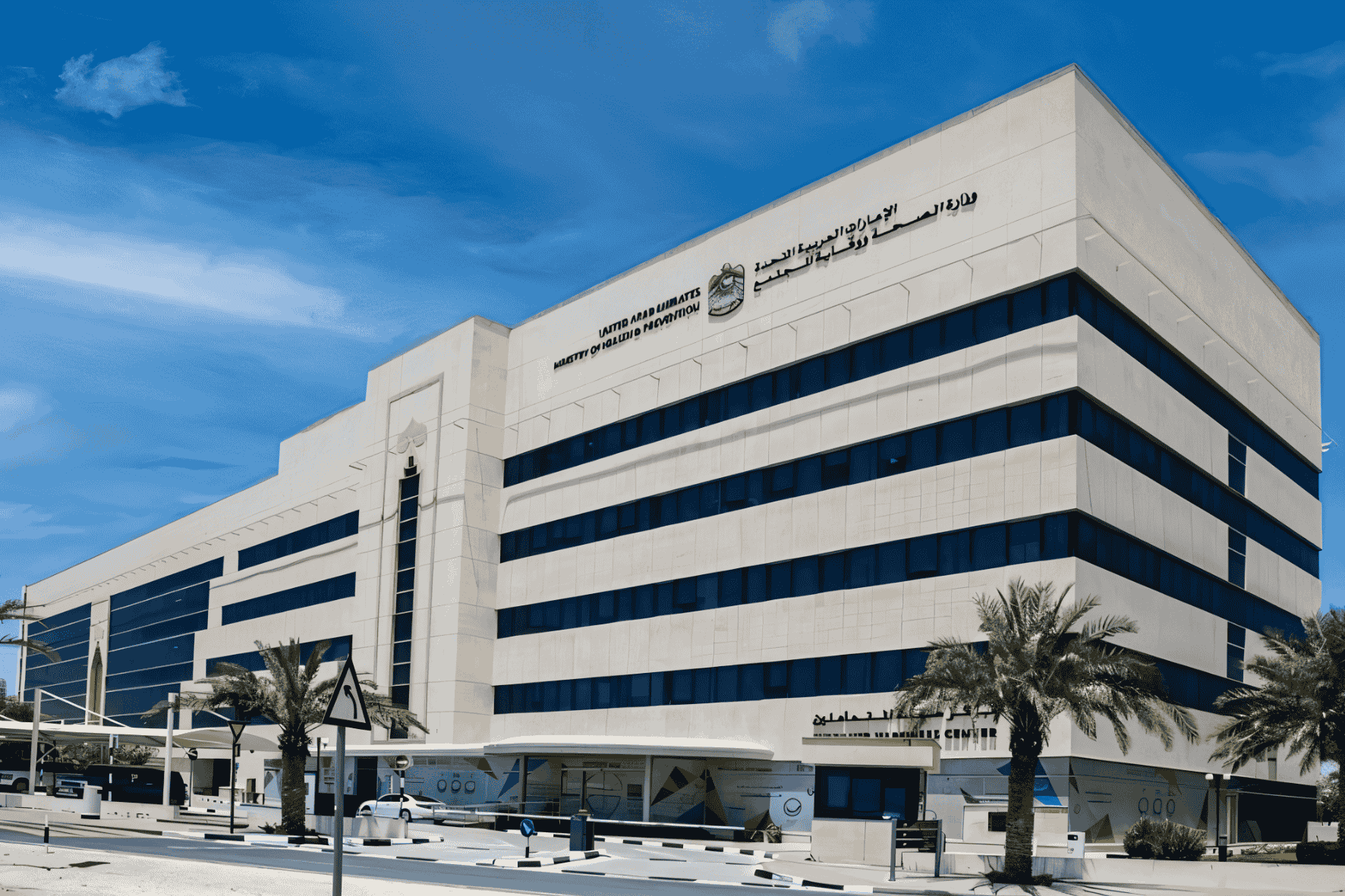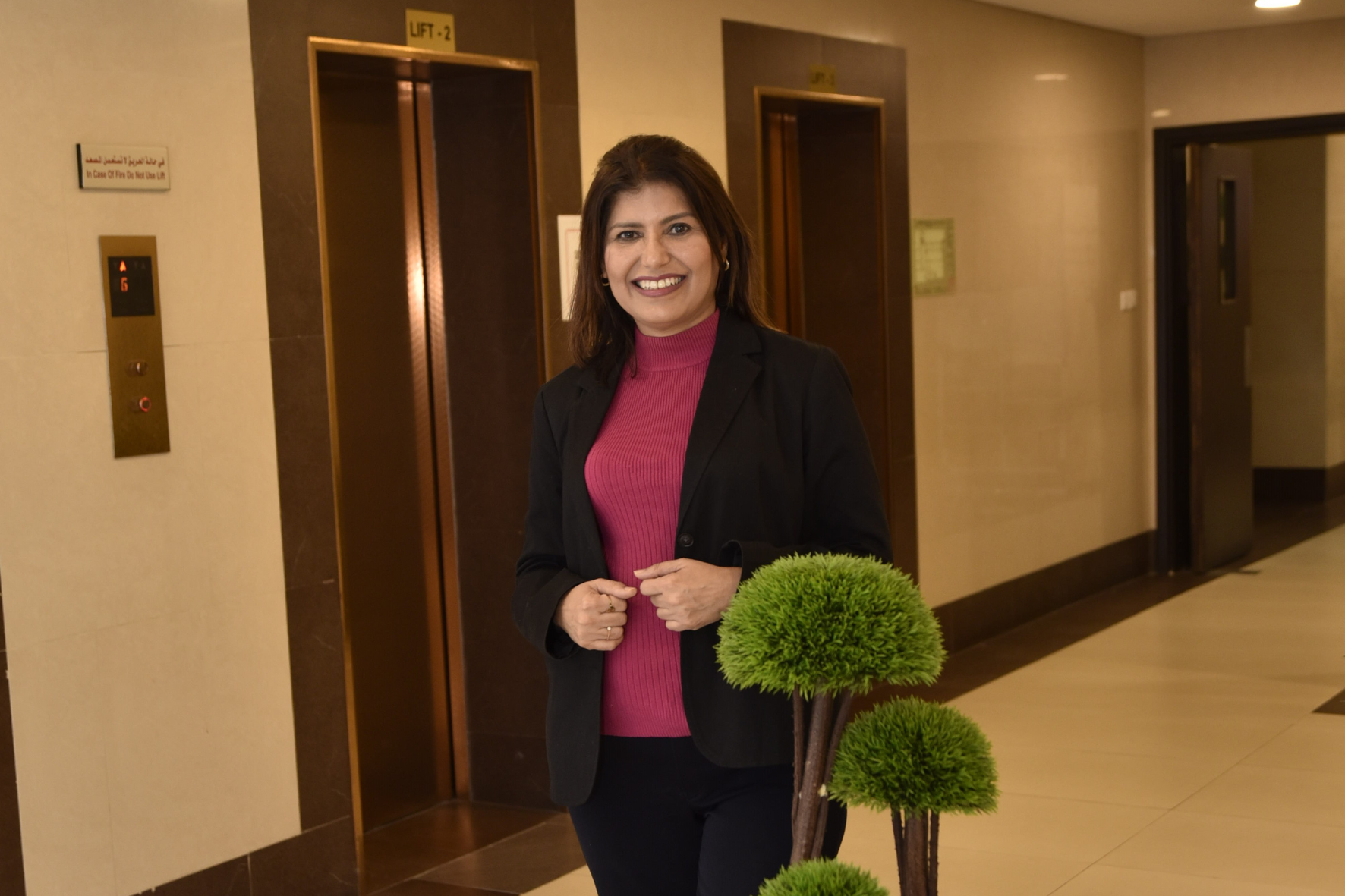WHO Declares Jeddah and Madinah Healthy Cities under Vision 2030
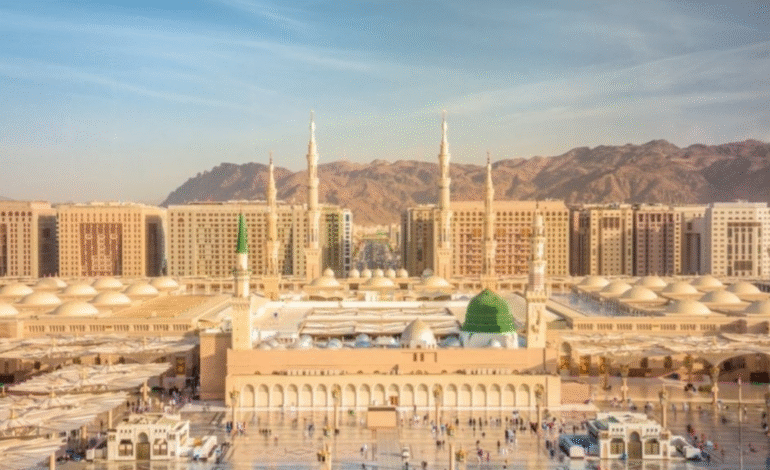
Saudi Arabia has achieved a major milestone in its healthcare journey. The World Health Organization (WHO) has named Jeddah and Madinah among the world’s 16 “Healthy Cities.”
This recognition is historic because the two cities are the first in the Middle East with populations of over two million to earn this title. The achievement highlights Saudi Arabia’s commitment to better healthcare, sustainability, and livable urban environments, aligning perfectly with Saudi Vision 2030.
What the Healthy Cities Status Means
The WHO Healthy Cities Programme is a global initiative that helps cities improve the health and well-being of their communities. To qualify, a city must meet strict global standards covering areas such as:
- Access to healthcare
- Environmental sustainability
- Air quality and green spaces
- Community well-being
- Safe infrastructure and transport
Both Jeddah and Madinah passed more than 80 international benchmarks across nine main categories. This proves that these cities are not only growing rapidly but also building systems that protect and support their people.
Jeddah: A Gateway to Health and Growth
Jeddah, often called the “gateway to Mecca,” is one of Saudi Arabia’s most important cities. It welcomes millions of pilgrims every year and also plays a central role in trade and business.
In recent years, the city has made big improvements in healthcare access, hospital facilities, environmental projects, and public services. More green areas have been developed, waste management has improved, and health campaigns have reached more communities.
These efforts helped Jeddah gain global attention, making it a model for other Gulf cities working toward the same recognition.
Madinah: A Model City of Well-being
Madinah, the second holiest city in Islam, is famous for its spiritual importance. Now, it is also known for being a Healthy City.
The recognition is the result of several major steps, including:
- Expanding community healthcare centres.
- Investing in sustainable transport systems.
- Preserving the environment and public spaces.
- Ensuring healthcare services reach both residents and visiting pilgrims.
By achieving this recognition, Madinah has shown that a city can balance religious heritage, rapid growth, and modern health standards.
Saudi Arabia’s Medical Achievements
This WHO recognition comes during an exciting period for Saudi healthcare. The Kingdom is making headlines for groundbreaking medical research and innovations.
One of the most celebrated achievements is the robotic liver transplantation research led by King Faisal Specialist Hospital and Research Centre (KFSHRC). This study was ranked among the top 10 most influential research papers of 2024 by the American Society of Transplantation.
Saudi hospitals are also gaining global respect. Seven Saudi hospitals were recently included in Brand Finance’s Global Top 250 Hospitals 2025, proving that the Kingdom’s medical system is becoming world-class.
Vision 2030 and Health
The Saudi Vision 2030 plan is at the heart of these achievements. It is built on three pillars:
- A Vibrant Society – creating healthy, livable communities.
- A Thriving Economy – supporting industries like healthcare and biotechnology.
- An Ambitious Nation – leading the region in development and innovation.
The recognition of Jeddah and Madinah as Healthy Cities is a direct success under the Vibrant Society pillar. At the same time, advanced medical research supports the Thriving Economy pillar, proving that healthcare is a vital part of national progress.
Expanding the Healthy Cities Programme
The Saudi Ministry of Health has announced plans to expand the Healthy Cities Programme. The success of Jeddah and Madinah will guide other cities, including Riyadh, Mecca, and Dammam, as they work toward the same goal.
This will not only improve living conditions across the Kingdom but also position Saudi Arabia as a regional leader in urban health and sustainability.
Faith, Health, and Sustainability Together
Jeddah and Madinah are unique because they are not just population centres. They are also global religious destinations that welcome millions of visitors each year.
The WHO recognition means that both residents and pilgrims benefit from safer, greener, and healthier environments. It shows how Saudi Arabia is combining faith, modern development, and public health into one vision.
Saudi Arabia’s Role in Global Healthcare
By achieving WHO’s recognition, Saudi Arabia has strengthened its reputation as a global healthcare leader. The Kingdom is proving that investment in research, hospitals, and sustainability can transform cities and make them internationally competitive.
With its robotic surgery achievements, top-ranked hospitals, and WHO designations, Saudi Arabia is no longer just a participant in the global health sector — it is becoming a driving force.
A Blueprint for the Region
The recognition of Jeddah and Madinah will inspire other cities in the Middle East. Saudi Arabia is already sharing its experiences and best practices with neighboring countries, encouraging a wider regional transformation.
By combining smart city technology, renewable energy projects, healthcare reforms, and sustainability efforts, the Kingdom is shaping a future where urban health is at the core of development.

